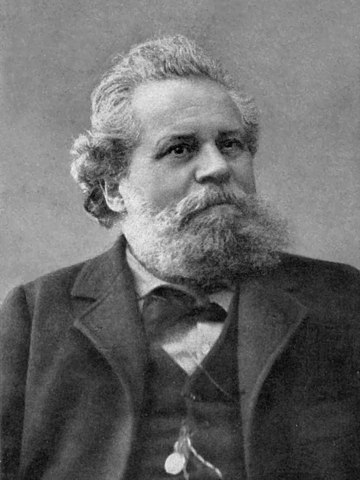 Name: Giosuè Carducci
Name: Giosuè Carducci
Real Name: Giosuè Alessandro Giuseppe Carducci
Country: Italy
Nationality: Italian
Date of Birth: July 27, 1835
Died: February 16, 1907.
Subjects Of Study: Italian literature
Popularly Known: National poet of modern Italy.
Profession: Poet, Writer, Literary Critic and Teacher.
Noble Prize Year: Nobel Prize for Literature in 1906
About: Giosuè Carducci, an Italian poet and scholar, was awarded the Nobel Prize in Literature in 1906. He received this prestigious recognition for his outstanding contributions to Italian literature, particularly his lyrical poetry that represented a revival of classical ideals and played a significant role in the cultural and literary renaissance of Italy.
Carducci’s poetry encompassed a wide range of themes, including nature, love, politics, and historical events. He drew inspiration from ancient Roman and Greek literature, infusing his works with a sense of grandeur and classical aesthetics. His poems often exhibited a combination of emotional intensity, intellectual depth, and linguistic craftsmanship.
The Nobel Committee acknowledged Carducci’s exceptional talent as a poet and his ability to revive and rejuvenate Italian poetry. His writings were seen as a departure from the prevailing sentimental and romantic trends of the time, offering a fresh perspective rooted in classical traditions.
Carducci’s influence extended beyond his poetry, as he also made significant contributions to the study of Italian literature and culture as a scholar and critic. His literary criticism and essays contributed to the understanding and appreciation of Italian literary heritage.
In summary, Giosuè Carducci was awarded the Nobel Prize in Literature in 1906 for his remarkable poetic achievements, his revival of classical ideals in Italian literature, and his contributions as a scholar and critic. His works played a crucial role in the cultural and literary renaissance of Italy during the late 19th century.




